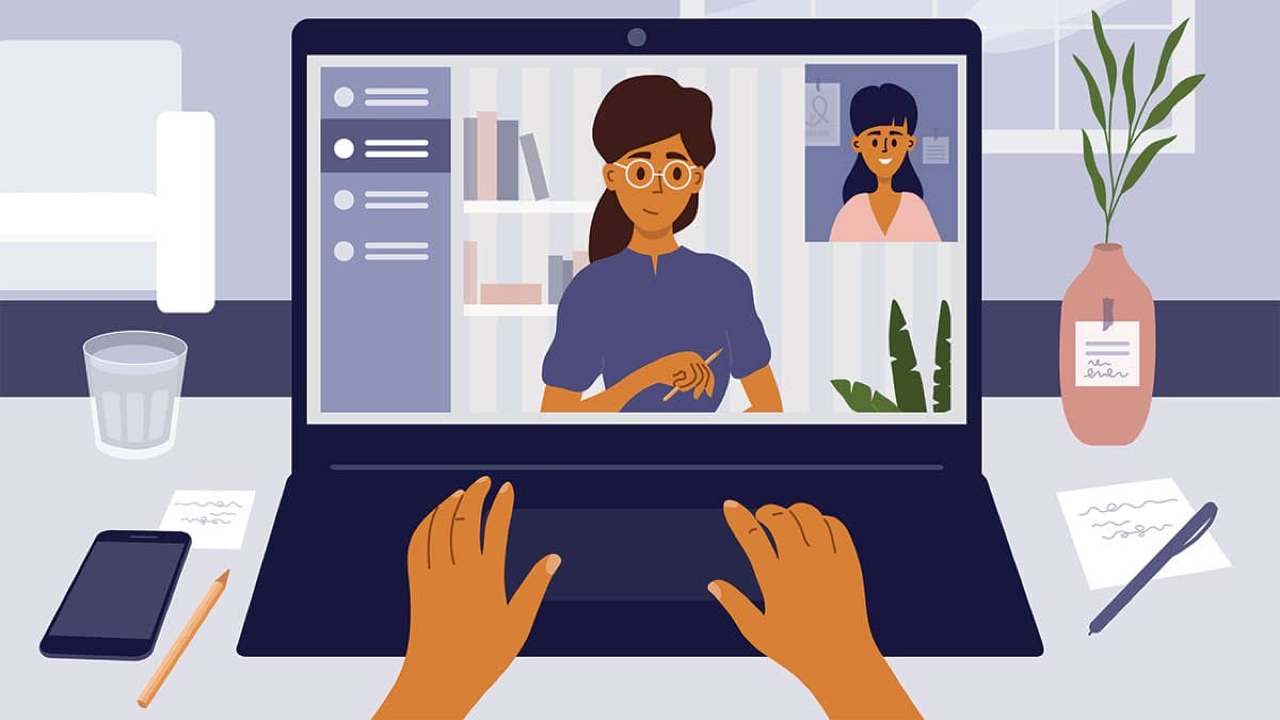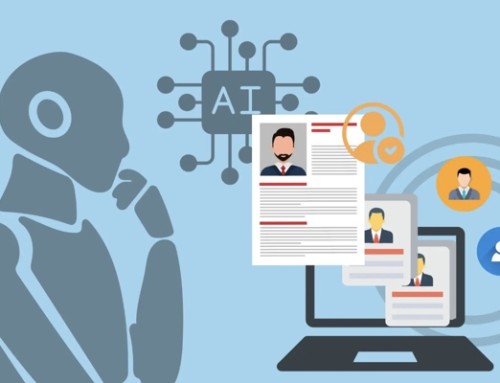Whether the world will ever return to what we would consider normal is a question on most of our minds. But the pandemic has taught us that a new way of working is perfectly functional. As more people spend some or all their working week remotely, video interviewing is becoming more of the norm, in particular for opportunities abroad such as on the Islands.
This rather sudden change has left many employers unprepared for virtual interviews. Instead of being the next amusing video interview meme, it is essential for companies to master these video interviewing tips for employees.
#1. Take time to prepare your interviews
As with an on-site interview, preparation is key to making the right first impression. You need your candidate to see you as composed, organized, and professional. You need to know what information you have to share, what questions you need to ask, and what questions you should expect.
#2. Don’t try to reinvent the wheel
Video interviews give you the chance to read facial expressions but they might not show you all the body language. For this reason, you may have to pay more attention to communication than in a face-to-face interview. It doesn’t make sense to ask questions that you wouldn’t normally ask just because it’s a video interview—it’s complicating the process.
It is almost impossible to ask an interview question that is going to put a candidate on the spot and make them think on their feet. All of the answers are online and a savvy candidate will have researched this. Stick to the questions that are going to provide you with valuable insights into your candidate. For example:
· What inspires you about our role/company?
· How do your values fit in with our company values?
· What aspect of the office culture is important to you?
· What are you expecting in terms of salary?
· How will you adjust to living abroad?
#3. Know that the candidate is assessing you as much as you are them
We have all seen a selection of videos where a child runs across the background, or a microphone being left on when it really shouldn’t have been! These types of incidences look unprofessional and need to be reduced, if not eliminated.
Dress the same way you would for a face-to-face interview. Find a spot that gives you privacy and without any background noise. You should also check the lighting and the angle of your camera. The best practice is to be online early, switch on your camera, and look at what the candidate can see. Once the interview starts, forget the camera is there and focus on the appropriate eye contact and engage with your candidate.
#4. Accept that technical issues may happen
Of course, your candidate should be prepared and on time. Nevertheless, it’s unlikely that every candidate will have experience with the numerous different platforms that companies use. As long as they are able to professionally resolve their technical challenges, you should be able to forgive them if they can’t see a chat button or if they have never shared screens and documents.
#5. Prepare your candidates
A great way to overcome some of the technical challenges is to send a brief email letting candidates know what will be expected of them. Most people are familiar with Zoom or Teams but it’s wrong to assume everyone is confident with it. The same goes for a whiteboard if your candidate needs to show the workings of a problem. If they are told in advance the software they may have to use, they can be better prepared and more confident.
#6. Don’t be scared to video interview ‘outside the box’
It’s a habit to check the location of candidates but today it isn’t necessary if the role can be filled remotely. There is nothing to stop you from hiring globally. By doing so, you are able to interview candidates from a much larger talent pool and increase the likelihood of finding the perfect candidate.
#7. Record your interviews
Because a video interview requires more focus on facial expressions and attempting to read body language, you might miss some of the answers. It’s more probable that there will be other distractions too, especially if you haven’t turned your notifications off.
Recording video interviews gives you the chance to review them later. Not only can you pay more attention to the candidates’ responses, but you can also learn from mistakes you might have made. Please remember that you have to disclose that you will be recording the interview—before the interview begins!
If you want a job on the Islands, visit our jobs portal to see the latest vacancies.
Are you hiring? Book a Discovery Call if you’re hiring and see how we can help.
Actuarial | Audit & Advisory | Corporate Services | Finance | Insolvency & Restructuring | Legal | Regulatory & Compliance | Trusts | US Tax







Leave A Comment
You must be logged in to post a comment.